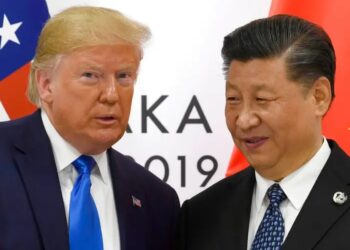glacial pace with the government announcing it had credited people’s checking accounts in three provinces with the equivalent of about $10 a week.
The provinces receiving payments were the three in the northeast—Khorasan North, Khorasan South and Khorasan Rezavi. People in the other 28 provinces will receive payments within two weeks, according to the Mehr news agency and the Fars news agency.
But Mehr said no money could be withdrawn from the accounts until the other side of the program begins and subsidies are reduced. But no one has said when that will happen.
The Fars news agency said the payment was 810,000 rials or about $77. But it remained unclear whether that was the payment per person or per family. It also was unclear whether that was the payment for one month or two. President Ahmadi-nejad said several weeks ago that the initial deposit would be for two months, but the information leaking out this week was not clear on that point.
The legislation says the payments are to be scaled by wealth, with the poorest families getting more than the richest. But the news reports only spoke of one level of payment, adding to the confusion.
Ahmadi-nejad last week said in a television interview that this week he would outline the full details of the subsidies-to-welfare shift.
The government has been unusually close-mouthed about a policy that has immense impact for every family in Iran. The regime’s silence has sparked innumerable rumors.
At Tehran Friday prayers last week, Ayatollah Ahmad Jannati complained about the lack of information. “I have heard from other cities that the price of electricity has been doubled, tripled or even quadrupled.” He said he had contacted the energy minister to find out what was happening, but the minister did not provide a clear answer. If Jannati, who chairs the Council of Guardians, cannot get a clear answer, the chances for others are certainly poor.
The daily Resalat charged last week that foreign embassies in Tehran were “interfering” in the change. It said the visa application forms used at the embassies of Britain, Switzerland, Italy, Canada, Germany and other countries now contain questions asking about the impact of price increases on people’s lives.























